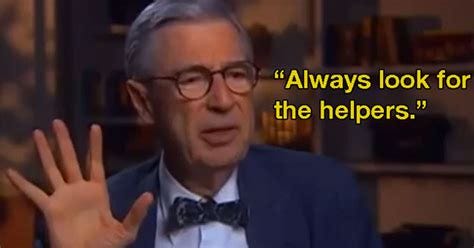A few weeks ago, I was browsing around a local thrift store when I happened upon a copy of Elie Wiesel’s Night. I had already read one of his works detailing his horrific experience during the Holocaust, but couldn’t remember which one. Turns out, it was the same book. Still, I felt compelled to read it again. He’s not here to speak anymore and the only voice he has is in his writings and we cannot forget what survivors endured — no matter how painful it is to read.
And it was painful.
At the tender age of 15, Wiesel and his entire family — his father (Shlomo), his mother (Sarah), two older sisters (Hilda and Beatrice), and his 7-year-old sister, Tzipora — were transported to Auschwitz. While he didn’t know the fate of his mother and sisters for sure until after the war, he and his father were moved from camp to camp together — a small blessing amongst evil.
Ten years after his rescue and subsequent silence about his ordeal, Wiesel penned his story and shared it with the world. It’s raw, real, and terrifying. He did his best to detail every bit of the experience so we could have a glimpse into the abyss and never forget the evil of which men are capable.
Fascism is now at our doorstep and here are a few lessons to learn from Wiesel.
Nobody is Safe in a Fascist State
At the beginning of his story, Wiesel talked about how the people of Sighet (his home) believed they were safe from the Nazi’s reach. After all, his town was in Transylvania, far from the regime’s radar at the time — 1939. The people of Sighet largely carried on with their lives as normal. The next year, Transylvania was rolled into Hungary and taken over by the Nazis. The SS started taking Jewish men from Wiesel’s town, forcing them to support the war efforts.
Other Jews who couldn’t prove their now-Hungarian citizenship were deported — and murdered — save one, a friend of Wiesel’s, who escaped and returned to town to warn of the massacres. Instead of heeding the warning, the man was basically shunned and ignored. Life went on in the town.
Three years later, the Nazis rounded up the Jews living in Sighet, moved them from one ghetto to another before deporting them to Auschwitz.
In the US today, you might think you’re safe because you’re white or straight or male. After all, it’s just immigrants who can’t prove their citizenship being deported. Right? (Sound familiar?) But you’re wrong. Fascists will target anyone who doesn’t fit in their parameters and everyone who doesn’t fall in line.
There Are Angels Among the Devils
Even in the depths of the concentration camps, there were people who slipped Wiesel an extra piece of bread, gave a kind word, played him some music, or offered a bit of helpful advice that quite literally saved his life. Some of the helpers were people who knew Wiesel or his family from the time before. But others were strangers — not all prisoners — willing to put their own lives on the line to help the suffering.
When tragedy strikes or danger is at your doorstep, look for the helpers. They are there, even in the recesses of hell on Earth. BE the helper — if you can.
One Decision Can Mean Life or Death
Several points in Wiesel’s story stood out to me where one decision meant the difference between life and death. Of course, he couldn’t have known which decisions pointed where at the time. I’m sure some of the choices haunted him. For example, had he told the SS he was only 15 instead of 18, Wiesel would have been killed upon arrival at Auschwitz. On the other hand, if he stayed in the infirmary instead of going on the death march in 1945, Allied forces would’ve liberated him in days instead of months.
The point is: You don’t know ahead of time which decision will lead you down which path. All you can do is make the best choice with the information you have at the time. Don’t ruminate because hindsight is truly 20-20. Just pay attention to the signs, listen to those who have knowledge you don’t, make your decision based on that information and your instinct, and don’t look back.
Right now in the US, many are struggling with staying here to help save the country or fleeing to protect their families. Remember, there are no perfect choices. Do what you believe is right and don’t second guess in hindsight.
Elie Wiesel won the Nobel Peace Prize in 1986 and wrote 50+ books after the war. You can learn more about him at the United States Holocaust Memorial Museum and the Holocaust Encyclopedia.





